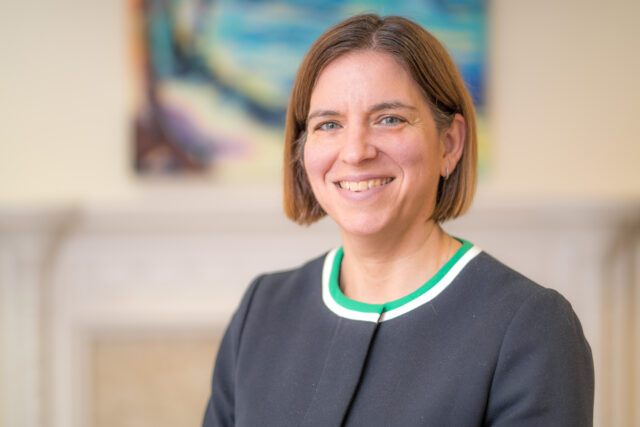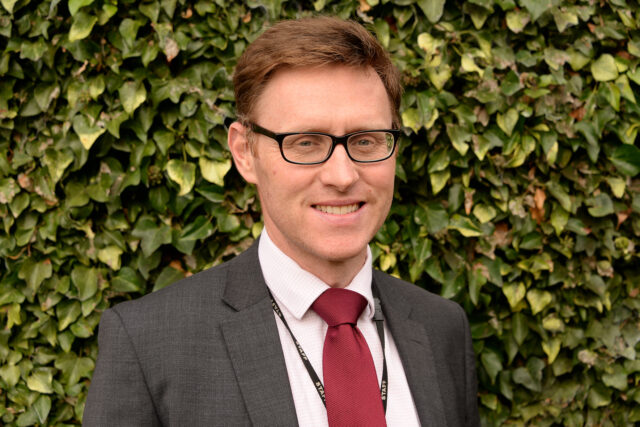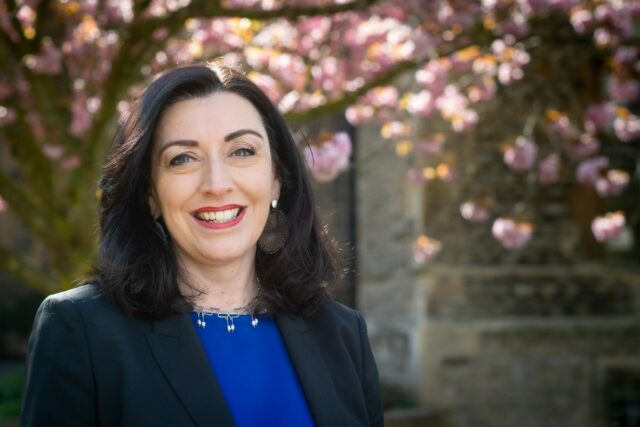Blog
Equity – why it is more important than equality
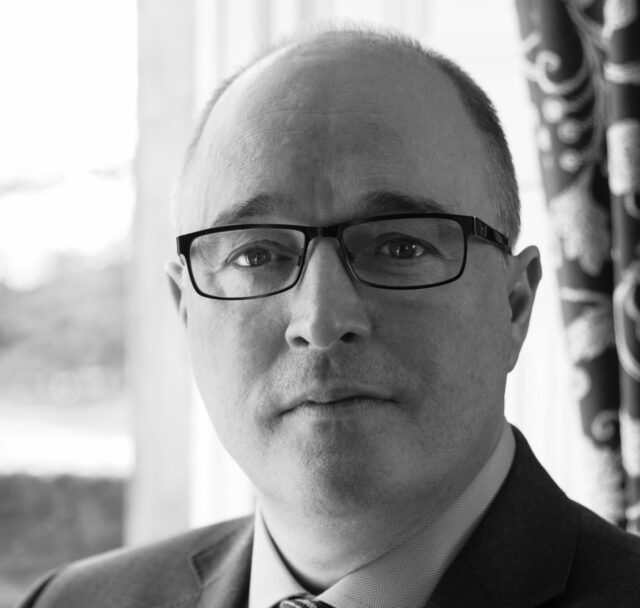
Peter Green
Headmaster, Rugby School
Read the blog
Matthew Arnold, son of Rugby’s famous head master, Dr Thomas Arnold, was a student at Rugby School. I expect, aged six when he started, he had no choice in the matter. The School still follows Dr Arnold’s principles of ‘First, religious and moral principle, second gentlemanly conduct, third academic ability’ (with a 21st-century interpretation). Matthew became a schools inspector as well as a poet and cultural critic. We have been just as mindful of his exhortation (published in his essay, Equality, in 1879) to ‘Choose equality and flee greed’.
However, nearly 150 years later we believe ‘equity’ is more important than ‘equality’. Equality is about providing the same treatment to all. Equity is about treating everyone fairly based on each individual’s needs. This is a much more sensitive approach.
Today’s generation of Rugbeian students values diversity, champions inclusion and works hard to create the equity which these demand. But the recent past has caused us, like many institutions, to reflect on how this is achieved and maintained.
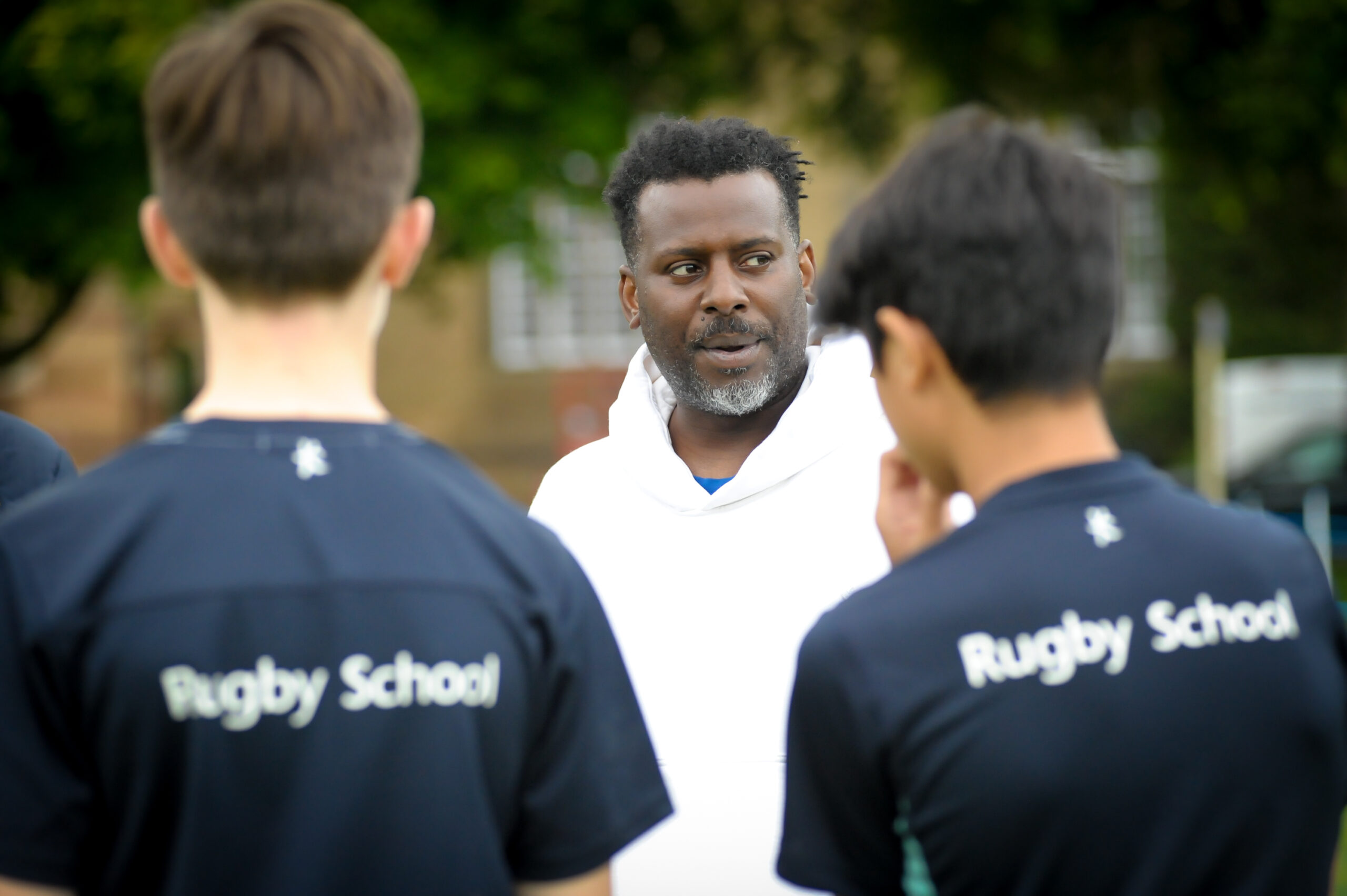
Stuart Lawrence visits Rugby School
Not only was the Black Lives Matter movement a catalyst for curriculum change in schools, it also prompted many of us – as did the shocking Everyone’s Invited revelations – to take an urgent look at how we approached and expressed diversity, equity and inclusion across our own school community. Were we doing enough? Were we doing the right things?
Rugby’s students responded with a refreshing activism and clarity. We genuinely welcome their views and opinions about school policies. We already had in place prefect-led committees covering academic, co-curricular, pastoral, social and sustainability issues. In 2020 we created a new one to work with staff and fellow students to promote the values of diversity, equity and inclusion. At the same time we established a committee comprising staff, students, alumni, parents, Governing Body members and external partners which meets once a term to oversee the implementation of the DEI agenda across the school at every level.
We made significant reforms to our Upper School PSHE provision and introduced anti-racist training for both staff and students. I think it’s true to say that many schools were shocked to discover and accept that this was necessary.
Most schools have made genuine efforts to diversify their curriculum. At Rugby, History now includes a broader enquiry into the social and cultural connections brought about by legacies of empire and colonisation. And in English we recognise the importance of seeing ourselves through other’s eyes. Our students begin their English GCSE course with a speech by Chimamanda Adichie where she considers the Danger of a Single Story: ‘The single story creates stereotypes, and the problem with stereotypes is not that they are untrue but that they are incomplete.’
In 2021, we introduced the International Baccalaureate Diploma Programme (alongside A levels) which embraces diversity and supports inclusion through its innovative, forward-thinking and globally-minded approach to education.
In the longer term, Rugby is hosting the major 5-year ‘Schools of Empire’ research project which seeks to create sustained change around DEI in the boarding environment through exploring the intersection between current school cultures and contested histories of class, colonialism, gender and race at British schools, and we have made our archives available to Oxford and Warwick as part of the exercise.
It is important that our staff reflect the diversity of our student population. I believe this remains a challenge to the independent sector despite our commitment to recruiting the best candidates from a diverse range of backgrounds.
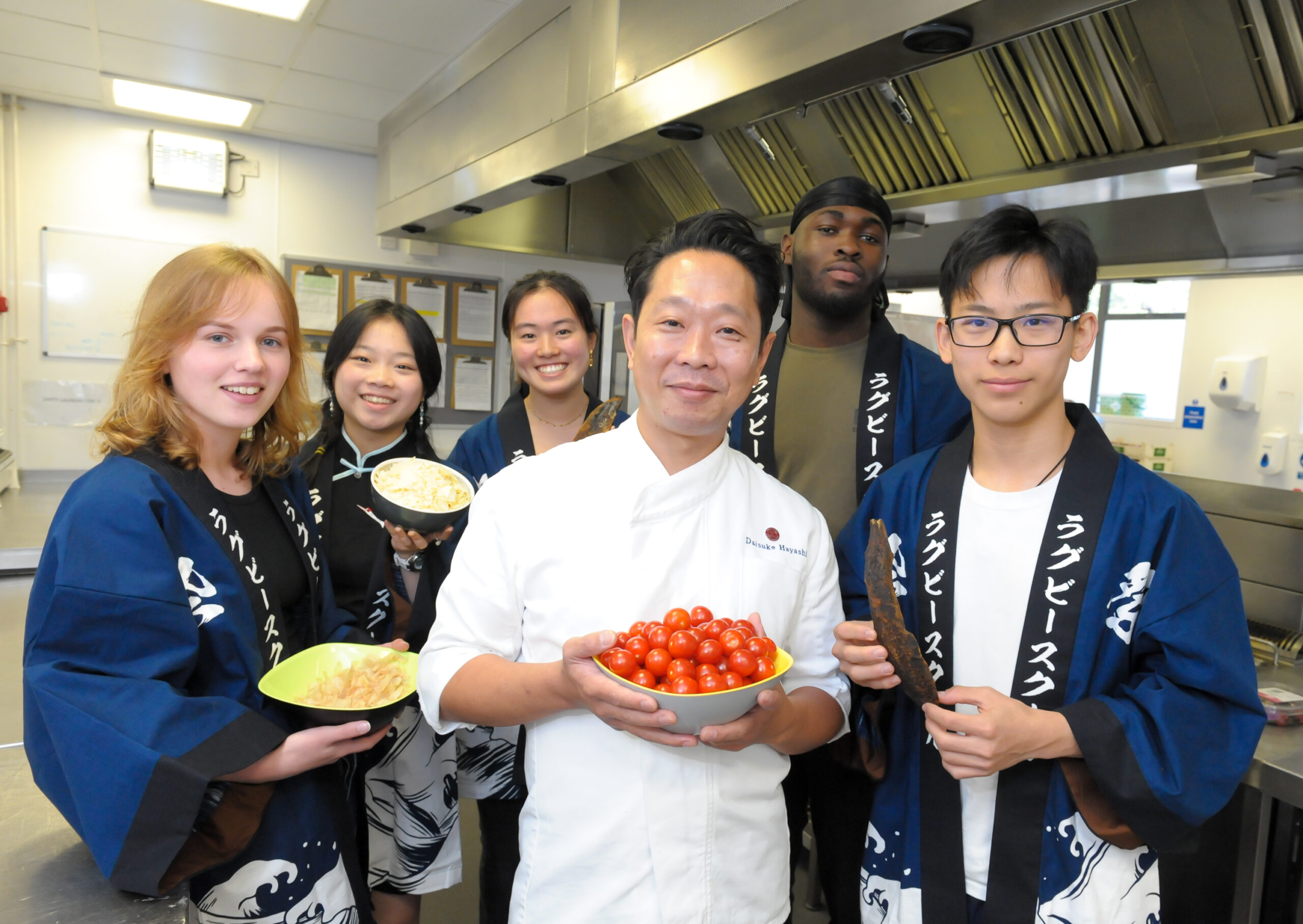
Chef Hayashi visits Rugby School
Inclusion is about belonging and it’s the feeling of belonging that is so important in schools, especially boarding schools. We all claim that our schools are fair and happy places, but one cannot be complacent about this. Every effort needs to be made to ensure that everyone is valued, that rights and responsibilities are understood and practised. We should have a sense of shared purpose in this. Any organisation’s commitment to its declared values is now challenged by external events and social pressures. DEI must not become a glib piece of shorthand or an item on a checklist that can be ticked without pause to consider whether the tick is deserved.
Inclusion is when everyone feels valued and accepted as an individual. George Dei, Professor at Ontario Institute for Studies in Education at the University of Toronto, whose research concentrates on anti-racism, defines inclusion as ‘not bringing people into what already exists; it is making a new space, a better space, for everyone’.
Inclusion should, of course, be instinctive. And that’s what we are aiming for in our schools.
